

2019-08-26 11:30:00 Mon ET
technology social safety nets education infrastructure health insurance health care medical care medication vaccine social security pension deposit insurance
Partisanship matters more than the socioeconomic influence of the rich and elite interest groups. This new trend emerges from the recent empirical analysis of 49 Senate votes on socioeconomic and foreign-policy issues from 2001 to 2015 and national survey data from Gallup and Pew. This empirical analysis shows that the rich elite income groups seem to get what they want from their senators about 60% of the time, whereas, the poor income groups receive a low 55% fair chance. When the socioeconomic echelons oppose each other on both sides of a particular policy issue, Senate votes favor the rich with a significantly higher 63% fair chance.
In the scenario where the rich and poor voters oppose each other on a given policy issue, Democratic senators side with the rich only with a 35% fair chance, whereas, Republican senators vote in accordance with elite interests 86% of the time. Since Republicans hold majority control in Senate, U.S. congressional decisions benefit the upper echelon because legislators often follow the party line. Affluent influence that results from U.S. partisan influence can be worrisome. However, the American median voter experience is not the same as living in an oligarchy.
If any of our AYA Analytica financial health memos (FHM), blog posts, ebooks, newsletters, and notifications etc, or any other form of online content curation, involves potential copyright concerns, please feel free to contact us at service@ayafintech.network so that we can remove relevant content in response to any such request within a reasonable time frame.
2023-10-21 11:32:00 Saturday ET
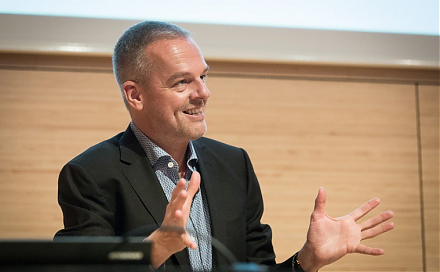
Walter Scheidel indicates that persistent European fragmentation after the collapse of the Roman Empire leads to modern economic growth and development.
2018-06-29 11:41:00 Friday ET
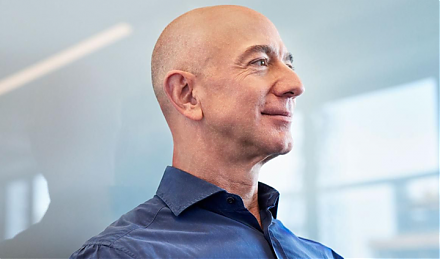
Amazon acquires an Internet pharmacy PillPack in order to better compete with Walgreens Boots Alliance, CVS Health, Rite Aid, and many other drug distributo
2019-12-30 11:28:00 Monday ET
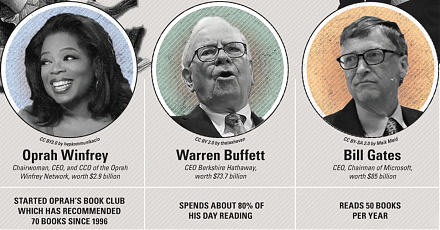
AYA Analytica finbuzz podcast channel on YouTube December 2019 In this podcast, we discuss several topical issues as of December 2019: (1) The Trump adm
2023-06-19 10:31:00 Monday ET

A brief biography of Dr Andy Yeh (PhD, MFE, MMS, BMS, FRM, and USPTO patent accreditation) Dr Andy Yeh is responsible for ensuring maximum sustainable me
2019-04-27 16:41:00 Saturday ET
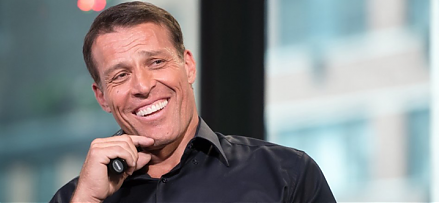
Tony Robbins suggests that one has to be able to make money during sleep hours in order to reach financial freedom. Most of our jobs and life experiences tr
2019-02-04 07:42:00 Monday ET
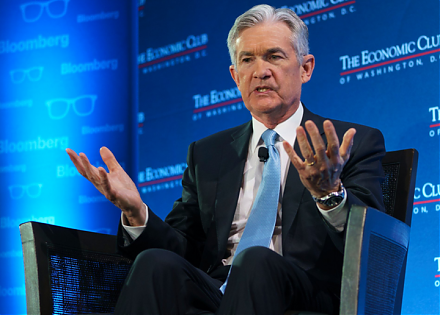
Federal Reserve remains patient on future interest rate adjustments due to global headwinds and impasses over American trade and fiscal budget negotiations.